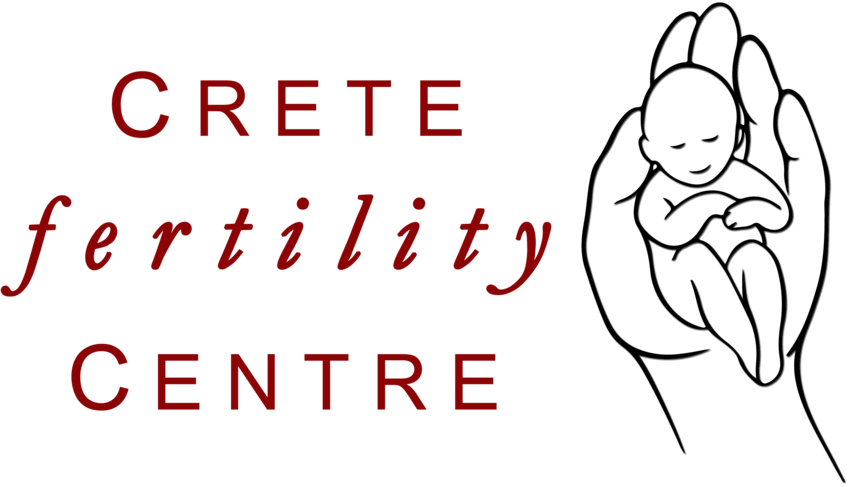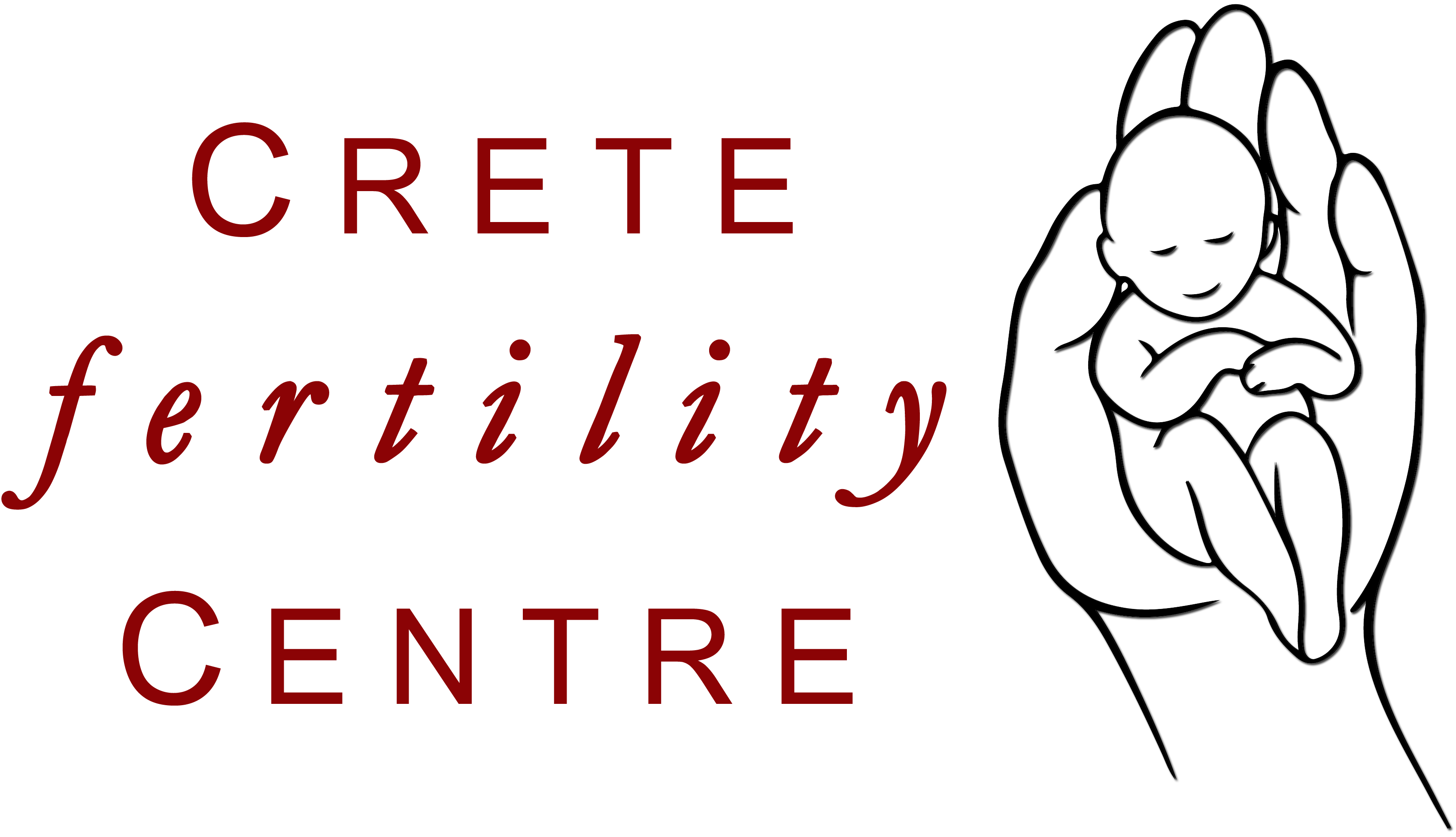Exosomes and Ovarian Rejuvenation: A New Horizon in Women’s Health

Exosomes used in ovarian rejuvenation is a new field in regenerative medicine. For many women, the transition into menopause brings not only physical changes but also emotional questions about identity, vitality, and the possibility of motherhood. In the midst of these deeply personal challenges, an exciting development in reproductive medicine is offering renewed hope: exosome therapy for ovarian rejuvenation.
Crete Fertility Centre provides this additional option in ovarian rejuvenation where its application since 2016 has led to impressive results and consequently tto numerous successful natural conceptions.
What Are Exosomes?
Exosomes are tiny, membrane-bound particles—like microscopic couriers—that travel between cells, carrying proteins, lipids, and genetic material. Once thought to be cellular “waste,” these nano-sized vesicles (about 30–150 nanometers) are now recognized as key players in cell-to-cell communication and tissue repair.
How Do They Work?
Inside each cell is a complex system for packaging messages. Exosomes are created within this system and released into the body’s fluids, where they deliver their biochemical “letters” to other cells. This process can influence how cells behave, repair themselves, and regenerate—making exosomes an exciting tool in regenerative medicine.
Exosomes and Ovarian Aging
Menopause and the years leading up to it are often marked by a decline in the number and quality of eggs. This natural process can bring feelings of loss or frustration, especially for those wishing to preserve their fertility. Research suggests that exosomes derived from mesenchymal stem cells may help restore ovarian function by reducing inflammation, combating oxidative stress, and supporting hormonal balance.
Why This Matters
For women navigating menopause or premature ovarian insufficiency, the potential to revive ovarian activity represents more than a medical breakthrough—it’s a chance to reclaim a part of themselves. Early studies in animals and small-scale clinical trials have shown encouraging signs: improved egg development, better hormone levels, and even restored fertility in some cases.
A Gentler Approach in Ovarian Rejuvenation
Unlike surgical interventions or intensive fertility treatments, exosome therapy is minimally invasive, typically involving simple injections or IV infusions. For many women, this approach offers not just medical benefits but also emotional relief: a treatment that honors their body’s natural processes while opening the door to new possibilities.
Beyond Fertility
Maintaining ovarian health may also support overall well-being by reducing the risk of age-related conditions such as osteoporosis and cardiovascular disease. Exosomes are even being explored as potential biomarkers for reproductive health conditions like PCOS and endometriosis.
Looking Ahead
For women experiencing the transition of menopause, the exploration of exosome therapy represents more than a scientific advancement—it reflects a growing commitment to supporting reproductive health throughout all stages of life.
As Crete Fertility Centre is always in the edge of the research in the human reproduction field and especially in ovarian rejuvenation, the exosomes innovative approach may offer new hope for preserving ovarian function and enhancing quality of life during and beyond the menopausal years.





